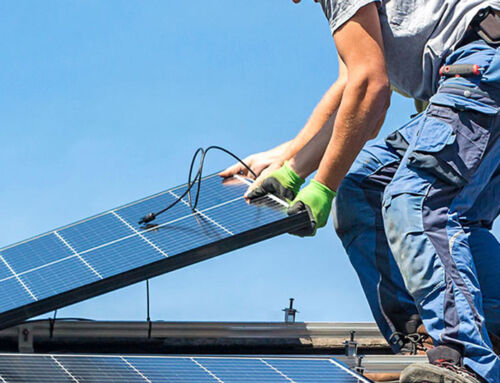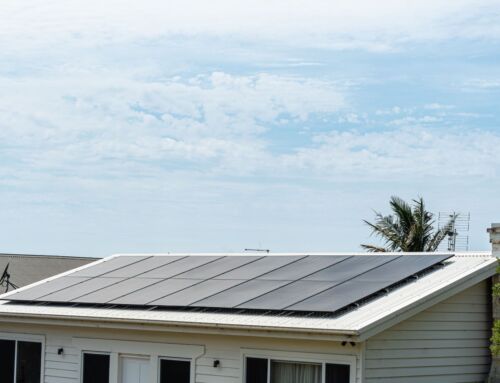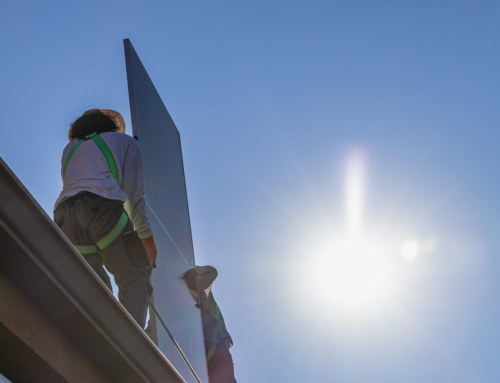 Are Solar Batteries Eligible for Tax Credits?
Are Solar Batteries Eligible for Tax Credits?
Solar batteries take your solar panel system to the next level, letting you power your home with solar at night, avoid high on-peak electricity rates, and keep the lights on during outages.
Right now, you can save 30% on your solar battery installation costs with the federal solar tax credit. But that’s about to change.
Congress has passed new legislation that will eliminate the federal solar tax credit at the end of 2025. There’s still time to claim it, but you have to act fast. To qualify, your system must be paid forg by the last day of the year.
Here’s what you need to know.
How the Tax Credit for Solar Battery Storage Works
The solar battery tax credit is part of the federal solar tax credit, a long-standing incentive for solar panel installation.
It’s often referred to as the solar battery tax credit when it’s being applied to battery storage, but it is an all-encompassing credit that includes home solar panels, solar batteries, labor costs, permitting fees, and more.
The tax credit reduces your federal income taxes by 30% of your solar panel and/or battery installation costs. So, if you spend $10,000 on your installation, for example, your tax credit will be worth $3,330.
There’s no limit, so no matter how much you spend on solar or battery storage, you will receive a credit worth a full 30% of your costs.
What Batteries Qualify for the Tax Credit?
Most solar batteries are eligible for the tax credit. You can claim the credit whether you install solar panels with battery backup, add a battery to an existing solar panel system, or install a standalone battery.
To qualify, your battery only has to meet a few requirements:
- Location – The system must be installed at a home you own in the United States and use as your primary or secondary residence.
- Capacity – The battery must have a storage capacity of at least 3 kWh.
- New Equipment – The battery must be new or being used for the first time. Used equipment doesn’t qualify.
The typical capacity rating for a solar battery is around 10 kWh, making it easy to meet the size qualifications.
How to Claim the Solar Battery Tax Credit in 2025
It’s easy to get your solar battery tax credit, and SouthFace Solar & Electric can help. But the tax credit won’t be around for much longer, and you need to get started soon if you want to claim it before it’s eliminated.
To qualify for the solar tax credit for battery storage in 2025, you must:
- Own your solar panel and/or battery system
- Own the property where your system is installed
- Have taxable income
- Pay for your system by December 31, 2025.
Here’s how to claim it:
- Keep all receipts associated with your installation.
- Complete IRS Form 5695 (for commercial taxpayers, IRS Form 3468).
- Add your credit information to your typical IRS Form 1040 or 1040NR.
- Remember to attach Form 5695 when you file.
What Happens if You Wait?
If you wait too long, you won’t be able to claim the credit, and your installation costs will go way up, likely by several thousand dollars.
There’s also a real risk of missing the deadline altogether. Act now to avoid long installation queues near the deadline.
At SouthFace Solar & Electric, we’ve been installing solar energy systems in Arizona since 2008, and we move fast. But the process takes time. And as more homeowners rush to beat the cutoff, our schedule is filling up.





